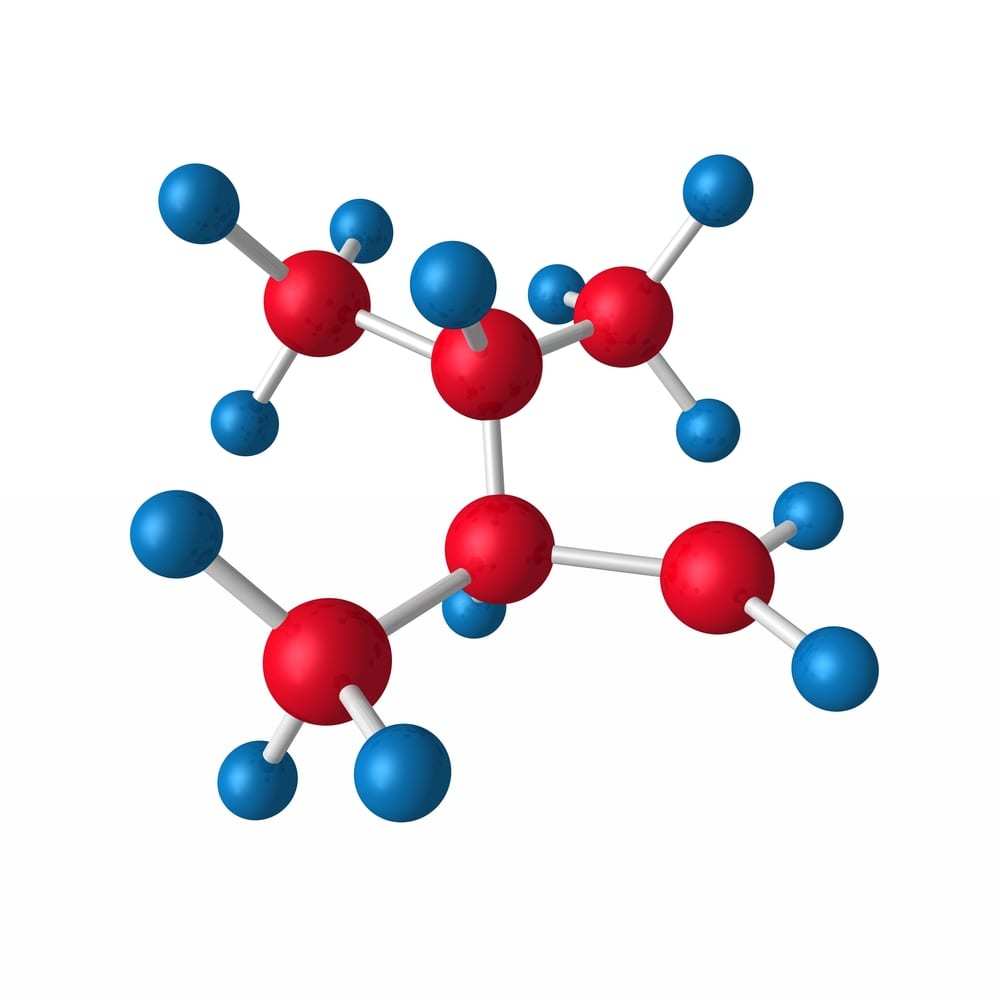Though not as buzzworthy as biologics or some other trendy therapies, small molecules (i.e., organic compounds with a low molecular weight) make up the majority of drugs on the market, and small molecule research is on the rise. In fact, the FDA’s Center for Drug Evaluation and Research (CDER) approved more new molecular entities in 2018 than in any previous year (source). Due to the increasingly high rate of chronic disease in the United States, many scientists are pursuing innovation in small molecule drug discovery and development. Any pharmaceutical company planning clinical research using small molecules should partner with the right contract research organization (CRO) to conduct a worthwhile study with reliable data.

Small Molecules and Chronic Disease
According to the Centers for Disease Control (CDC), six in ten adults currently suffer from a chronic condition, such as heart disease, diabetes, cancer, kidney disease, lung disease, or stroke. Researchers are now exploring revolutionary treatments that could help patients with chronic conditions take fewer medications, experience fewer interactions, and enjoy better results. If successful, these medications could have a significant impact on the lives of many Americans due to the prevalence of chronic diseases.
Why Small Molecules?
Small molecules are expected to play a pivotal role in easing the burden of chronic disease. This diverse group of small chemical compounds offers many benefits for scientists and researchers:
- They have a wide variety of uses.
- They are relatively low in cost.
- They allow for simple administration, including oral delivery.
- They can pass across cell membranes to reach their targets due to their small size.
- They have stood the test of time.
- They deliver consistent results.
- They’re relatively easy to make.
- They can be tailored to fit specific genetic subsets of patients.
Despite the emergence of complex, cutting-edge therapies, small molecules remain dominant in today’s pharmaceutical market.
Finding a Reliable CRO Partner
Any pharmaceutical company working to develop new drugs for chronic disease management must carefully consider which contract research organization (CRO) to partner with. The right CRO will improve the quality of clinical work and reduce the degree of required oversight. The following questions may prove helpful:
- Does the CRO have an experienced leadership team? An experienced project manager with an extensive background in drug development will be able to guide your project from drug discovery to clinical development. Be sure that the project manager listens to your needs, understands your study’s goals, and can offer insightful recommendations.
- Does the CRO have strong bioanalytical capabilities? Especially when working with small molecules, your CRO should have experience in a wide variety of drug targets and treatment types. In addition, look for a partner with state-of-the-art technology and skilled scientists who know how to use the equipment.
- Will the CRO provide guidance in addition to data? All CROs can deliver data, but an ideal partner will also provide data-driven recommendations regarding when to move to the next stage of testing and how to modify the molecule if necessary. As you’re vetting options, think about the value each CRO could add to your study.
- Is the CRO skilled at all stages of testing? Small molecule studies often need a significant amount of early-stage work due to metabolization testing, so it’s helpful to work with a full-service CRO that specializes in early-stage testing. Your partner should provide high-quality support at every stage of the study.
_____
The pharmaceutical industry is constantly evolving. Small molecules may not be as attention-grabbing as biologics, but they play a significant role in the development of innovative treatments and can impact the lives of people around the world. Finding and working with a CRO that has the experience and knowledge needed to design and execute successful studies can pave the way for revolutionary chronic disease treatments using small molecules.
Since 1995, QPS has provided discovery, preclinical, and clinical drug development services. An award-winning leader focused on bioanalytics and clinical trials, QPS is known for proven quality standards, technical expertise, a flexible approach to research, client satisfaction and turnkey laboratories and facilities. For more information, visit www.qps.com or email info@qps.com.







